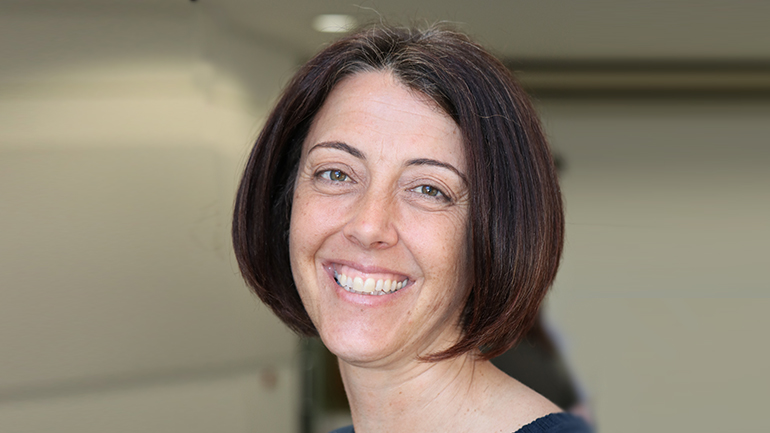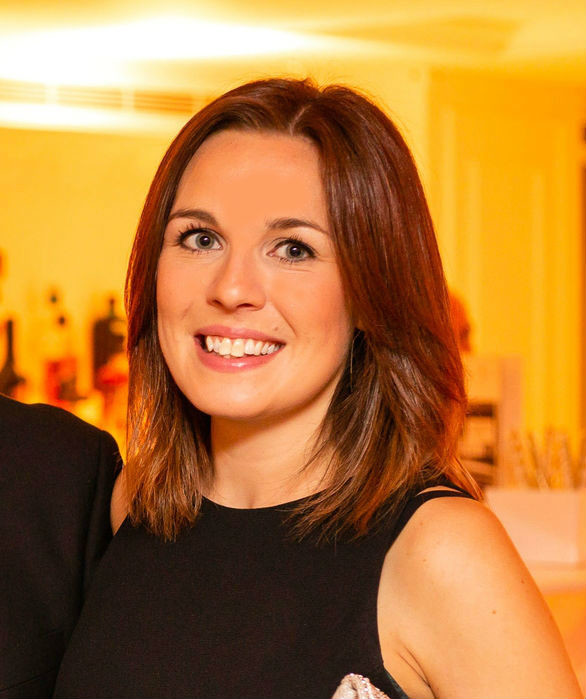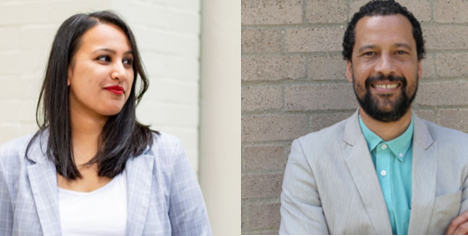A wise woman (Debra Allcock-Tyler, CEO of the Directory of Social Change) once told me there are ‘igniters’ and ‘foofers’ in life. Foofers extinguish your flame, thinking it will make theirs burn more brightly. Igniters, on the other hand, recognise there is greater light from multiple candles so seek opportunities to help others shine.
We’re rightly being challenged to think about what we are doing to tackle the inequalities that appear to be stitched into the fabric of our sector. Whether it is the imbalance of gender in senior roles (particularly in disciplines such as fundraising and finance), the underrepresentation of those with disabilities in our workforce, the need to increase social mobility or too few people of colour in positions of power – we all need be acting to root out inequality.
But in the conversations around diversity, equality and inclusion, and confronting ‘privilege’, do you bring light or darkness?
Some people fiercely deny they are: ‘I might be a white man/woman but I’m not privileged – I had a tough upbringing’. Some are ashamed that they are and are unsure what to do with it. Then there are the zero-sum gamers; those who believe that in order for one section of society to succeed, someone else has to lose.
When people believe their position is threatened or they must sacrifice their own quality of life to change the environment, rational debate becomes elusive. But it doesn’t need to be about snuffing out each other’s lights. As with managing a conflict of interest, there is nothing inherently wrong with being privileged. It’s how we respond that counts.
Whether privilege comes from our gender, colour, educational background, wealth, health or a combination of them all, we must stop being defensive. Embrace your privilege and use it for positive ends. Treat it like you would a conflict of interest – withdrawing yourself from a competition, speaking opportunity or discussion if appropriate. Being a leader often means getting out of talent’s way.
People with privilege have a clear path to the top. They are ‘schooled’ on stepping forward, speak the language of those doing the appointing and are surrounded by ‘people like them’. They are recognisable to society as ‘leaders’.
Countless studies have shown cross sections of society judging displayed behaviours differently. Behaviours seen as ‘leadership’ in a tall, white, middle aged man can be criticised in others. Many of these unwritten rules stem from being conditioned to see our gender, sexual preference, ethnicity or religious beliefs as burdens to overcome rather than differences to celebrate. Society’s language has been for too long the language of deficit. We need to embrace differences as strengths. And we need to do more as leaders to pave the way for this talent to shine.
At CFG, we’ve focussed on culture and individual qualities. We’ve stopped requiring degrees and we’ve changed the tone and language we use. Our workforce is increasingly diverse and inclusive. Over a third of staff are BAME (50% of current SMT), 92% are women (we need more men!) and we have made reasonable adjustments for mental and physical health for 12% of our team. I’ve personally mentored individuals and hosted postgraduate students work ‘shadows’ and CFG has its own successful mentoring scheme.
Our board similarly has a healthier mix. We have worked to overcome the lack of diversity in age, seniority, ethnicity etc. by drawing in candidates to non-trustee roles; recognising/highlighting diverse leaders; and by providing opportunities designed to raise their profiles.
For our membership, we have introduced training and travel bursaries for our coveted inspiring financial leadership course (with Sayer Vincent and CASS business school), showcased up and coming leaders and introduced our ‘inspiring financial leadership awards’ amongst other things designed to increase the diversity of our sector leaders.
Whilst no organisation or individual can tackle DEI issues alone – if we all commit to being igniters, we can use our influence and privilege to positive effect.
Caron Bradshaw is the chief executive of the Charity Finance Group
Latest News
-
Volunteering rates rise but remain below pre-pandemic levels
-
Charities reducing their visibility amid ‘climate of fear’
-
Friday funding roundup - 12 December
-
Charity workers face threats of death and sexual assault, regulator's interim chair warns
-
Louise Dawtry: Transforming nonprofit culture
-
Charities welcome £500m investment in youth services
Charity Times video Q&A: In conversation with Hilda Hayo, CEO of Dementia UK
Charity Times editor, Lauren Weymouth, is joined by Dementia UK CEO, Hilda Hayo to discuss why the charity receives such high workplace satisfaction results, what a positive working culture looks like and the importance of lived experience among staff. The pair talk about challenges facing the charity, the impact felt by the pandemic and how it's striving to overcome obstacles and continue to be a highly impactful organisation for anybody affected by dementia.
Charity Times Awards 2023
Mitigating risk and reducing claims

The cost-of-living crisis is impacting charities in a number of ways, including the risks they take. Endsleigh Insurance’s* senior risk management consultant Scott Crichton joins Charity Times to discuss the ramifications of prioritising certain types of risk over others, the financial implications risk can have if not managed properly, and tips for charities to help manage those risks.
* Coming soon… Howden, the new name for Endsleigh.
* Coming soon… Howden, the new name for Endsleigh.
Better Society

© 2021 Perspective Publishing Privacy & Cookies










Recent Stories